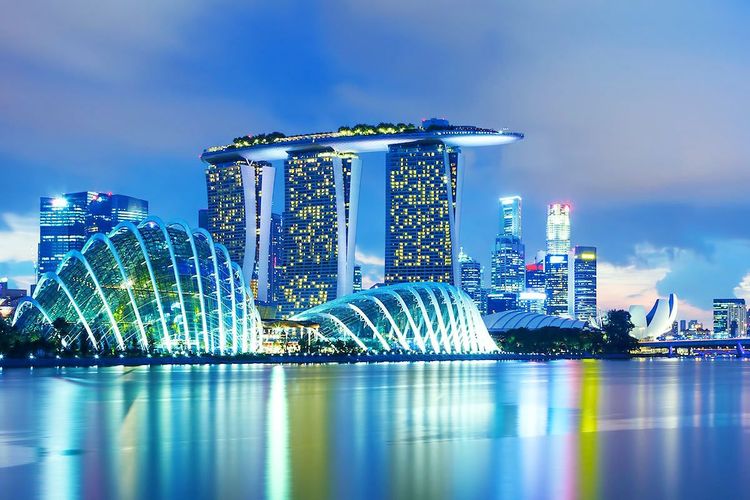IWA Programmes / Cities of the Future
Water-wise cities through integrated planning and design
Rapid population growth, industrialisation, climate change, water pollution, and maintaining, renewing and expanding urban water infrastructure are just some of the unprecedented challenges facing urban water management and systems.
Cities are the future for humanity, but the failure to manage higher population density or climate change can result in a threat to resources – water, energy, food – and have a profound impact on human health and well-being, the environment and the economy.
